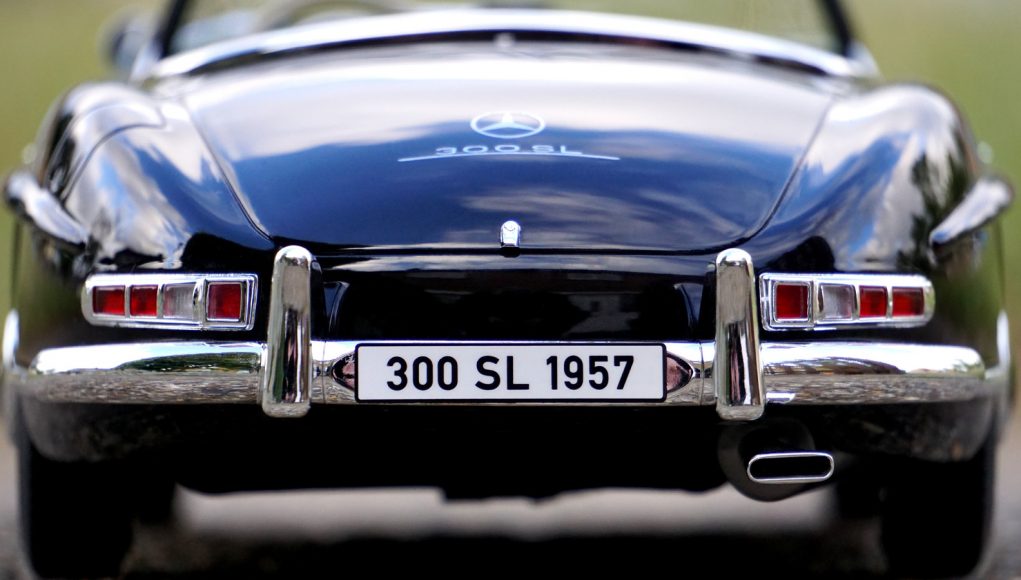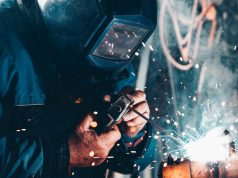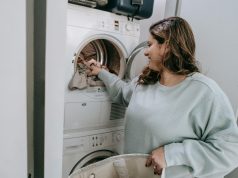Having suffered the full throttle of lockdown for months on end, the UK automotive industry (worth £82bn in turnover) has been crumpling with showrooms shutting and factories laying idle.
Here in the UK, Nissan, Vauxhall, BMW, Toyota, and Honda closed some or all their factories due to falling sales and lack of parts, all due to the coronavirus pandemic.
But what does the future look like for the industry as a whole? When restrictions are finally entirely lifted, will people be flocking to buy new cars, opting for second hand or simply purchasing a new number plate to revamp their existing motor?
Supply of parts
The problem when it comes to manufacturing new cars is the constant need for parts. They need to be made and then delivered to plants. But with COVID-19 rife, every stage of the crucial supply chain has been majorly disrupted. And of course, many cars created here in the UK are exported abroad.
Car sales have also been badly hit as people haven’t been allowed out to browse what’s on offer at local showrooms. The impact in European countries has been negative too
Mounting pressure
The industry has already felt increasing pressure to produce lower emissions vehicles in a bid to avoid hefty fines. Car makers cannot afford to divert funds away from alternative-fuel technologies at this time.
With many manufacturers having invested millions into electrification, they are too far gone in terms of time spent, capital and effort to turn back.
And with Brexit, manufacturers in the UK are still uncertain about the future.
Driving the future
Assessments of autonomous technology also needs to take place in light of COVID-19. With social distancing still in place months after it was made essential, self-driving systems would seem an excellent idea but again, balance sheets need to be considered.
With everything hanging in the balance for manufacturers, it is incredibly difficult for them to map out any kind of future plans.
Looking forwards
Thankfully, since July, the industry has started to see a rise the number of new car registrations in the UK (up 11.3% year-on-year) due to pent-up demand after months of dealership closures.
According to the Society of Motor Manufacturers and Traders, despite recovery and dealerships fully reopening, the year-to-date figures are down by 41% with just over 820,000 new cars registered in 2020, compared with 1.42 million by this time last year.
With potential buyers hoping that car prices will drop before returning to pre-Covid-19 prices, there may be very short term deals available just now. So, it may be a good time to invest in a new car as dealerships have just re-opened.
A recent report by Auto Trader found that half of driving licence holders they surveyed who did not own a vehicle, said they were considering buying a new one to avoid having to use public transport wearing a face mask.
But as with everything, as demand begins to increase and people get back to work, prices will creep up.
In general, the industry can expect to see mergers and acquisitions, and companies sharing platforms. There may be a need to localise supply chains where possible – hopefully paving the way for some positive news for small UK firms.
What about the number plate industry?
With a global shortage of acrylic, number plate manufacturers have also struggled to keep up with growing demand.
But many people are seeing a new registration plate as a great way to revamp an old car, particularly if they can’t afford to buy a new motor in these unprecedented times. A new registration plate can be a great way to advertise your business, personalise your motor or just make it stand out!
















